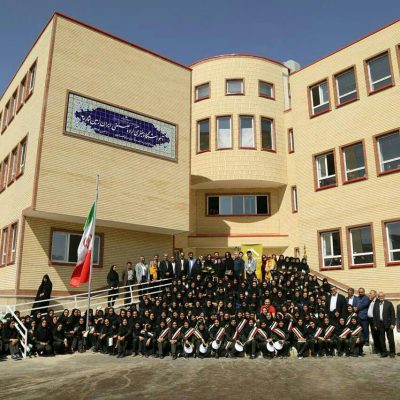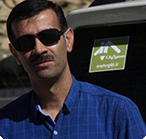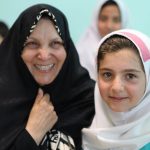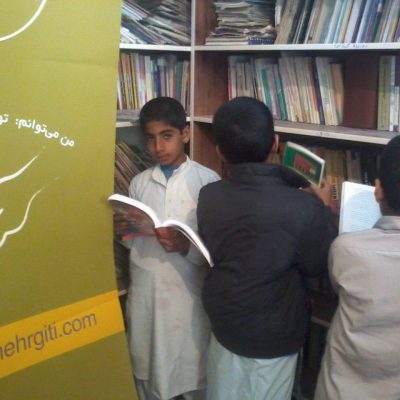Mehrgiti Story
Everything began from a visit to deprived areas. When in 2005, Ms. Zahra Giti Nezhad (a member of the World Training Education Group) visited a few rural schools during her visit to the schools in Mirjaveh Town, Sistan and Baluchistan province. She says, “The schools were located in the zero border point. After moving for a while, the car stopped at somewhere. We got off. It was written on a thatch wall: “Iqbal Lahouri Primary School”. When I entered the class, it was so dark that I did not see anyone. I got aware of the presence of children when they expressed Salawat for me and my fellows, due to our arrival. There were several non-standard desks and benches at the bottom of the room, and the Baloch innocent and swarthy children were sitting on them. Malnutrition could be detected from their appearance.
Their class was a rented crypt, without a window with a 50-watt light bulb! When I asked the cause of the darkness of the class, they said that if the electricity bill gets high, the homeowner would cut it off! The teacher had made ten and hundred sets by woodcuttings and laid them on the niche. He had hanged a number of non-academic books with a rope around the class. The Iran map of on the one side and the story of Iqbal Lahouri on the other side of the class had been installed. It was as if the class was his life. The innocent children with naked feet and shaved heads and yellow faces responded to our questions. They all desired to become a teacher. The girls did not answer our questions at all. They closed their heads together and laughed. This school’s teacher every day travelled 150-kilometer road to the school between Zahedan and the village with the office service and returned. The school did not have a restroom. The other villages we went were the same. In one of the schools, in a corner, a few students sat on a sack. The teacher said, “They are the first class students and we do not have a table and a bench for them.” Mr. Asgari, head of that region, declared that 125 schools in these villages lacked restrooms.
After returning from Baluchistan, I went to where I was teaching in Tehran. I talked to my students about the condition of the rural school of Mirjaveh. I reminded them to be thankful for the blessings God had given them and said that your best appreciation at this age is to study well. At the queue, I gave a brief report to other students about my trip, too. With the help of school officials, I installed the pictures of the rural school I brought from there on the board. The children offered to cooperate and help their friends in the village. We accepted, and every morning, some of them started collecting children’s gifts. Gifts were collected and packed with the help of the students. It was here that I realized the concept of participation, teamwork and altruism. Every day, children came to school with stuffed bags.
Such that, the foundation of a group was established that began to construct schools by the charitable persons in poor areas to provide Iran’s children the opportunity to study in standard spaces, and it became a NGO under the name of the Mehre Giti charity institute over ten years.
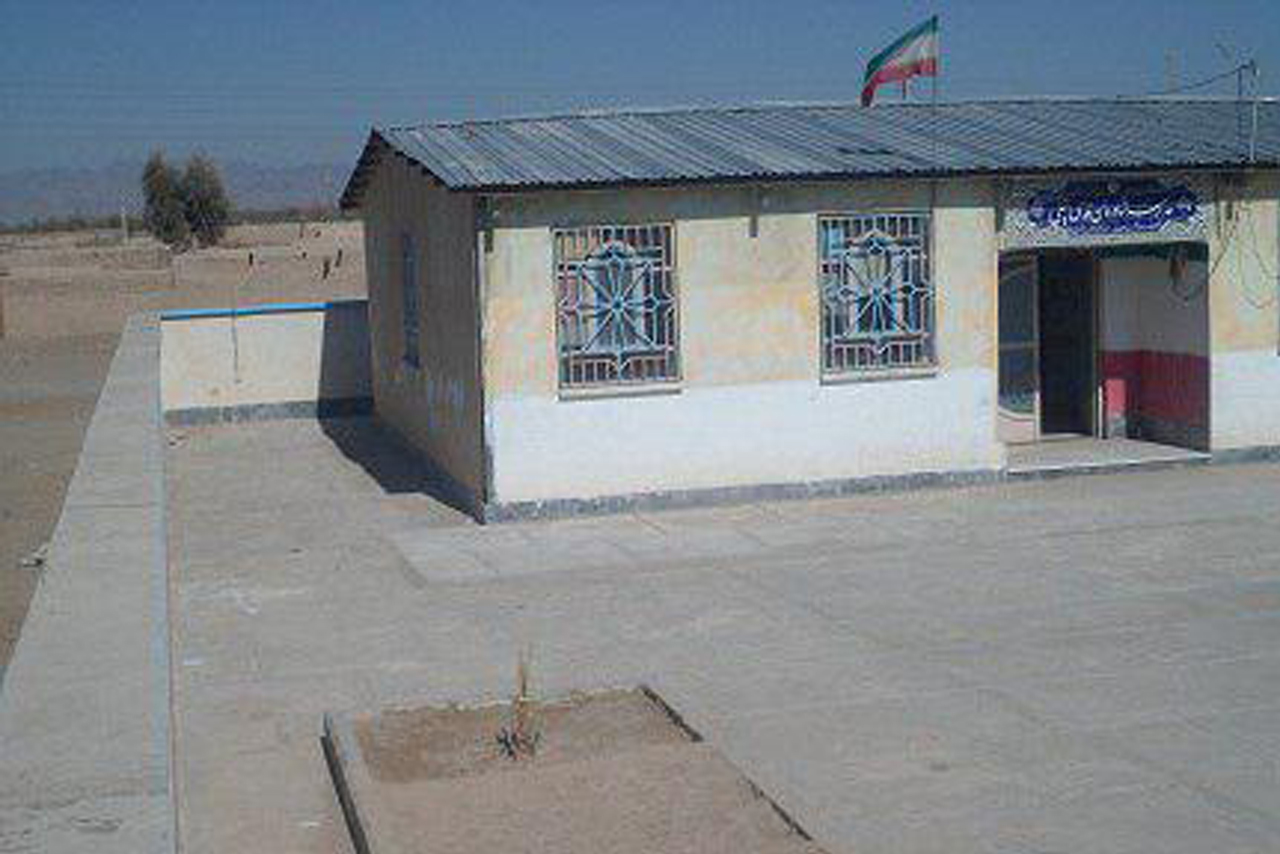

Introduction of the Institute
MehrGiti is a NGO and philanthropic (assistantship) institution consisting of various units with the basic objective of trying to build an Iran free of discrimination and cultural poverty.
Our mission is to help the establishment of educational and cultural spaces, in particular schools, in deprived needy areas, as well as financial, spiritual and cultural support for talented and deprived students in different parts of the country.
The fundamental topic of good affairs in Mehre Giti is the cultural and educational affairs, which are presently carried out in the form of the following plans:
The construction of schools, dormitories, multi-purpose salons, libraries, etc. in all the country’s less-favored areas :
- Educational support for less-favored students and college students
- Donation of books to schools in less-favored areas of the country
- Donation of computers to schools in less-favored areas of the country
- Equipping schools in less-favored areas of the country
- Educational and cultural activities
Policy
The MehrGiti charity’s policy is based on the significance of training and educating the children of Iran in a standard and equipped educational environment. The institute attempts to provide the access of all children in Iran to high quality education in addition to having standardized educational spaces. Mehre Giti thinks that no talented and deprived student would be left out of school due to financial poverty. Mehre Giti tries to build an Iran free of discrimination and cultural poverty, and to this end, in addition to constructing standard and equipped schools in the deprived areas of the country, it supports the education of talented students of these areas; and it also follows the benefit of the students of these schools of facilities and high-quality educational and cultural programs. Mehre Giti Charity Foundation is a nonprofit, non-governmental and non-political NGO, and this has been and will be an integral part of the policy of Mehre Giti Charity Foundation and it will avoid any action that does not match this policy.
Transparency, accountability, respect, and expansion of hope in society are from the main values of the Mehre Giti, and all our activities are formed and performed in accordance with these principles.
What happened in the در past
500
Build School
4500
Education Supported Candidate
3.5 Millions
Donated Books
2900
Delivered Pcs
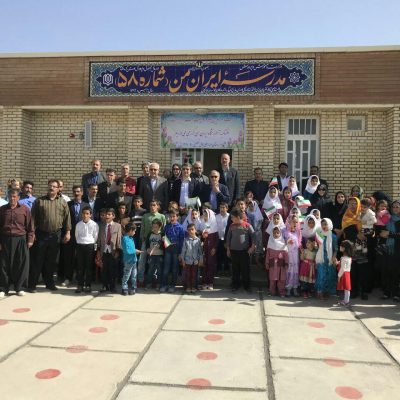
مدارس ایران من/ استان کرمانشاه/ آبان ۱۳۹۷
